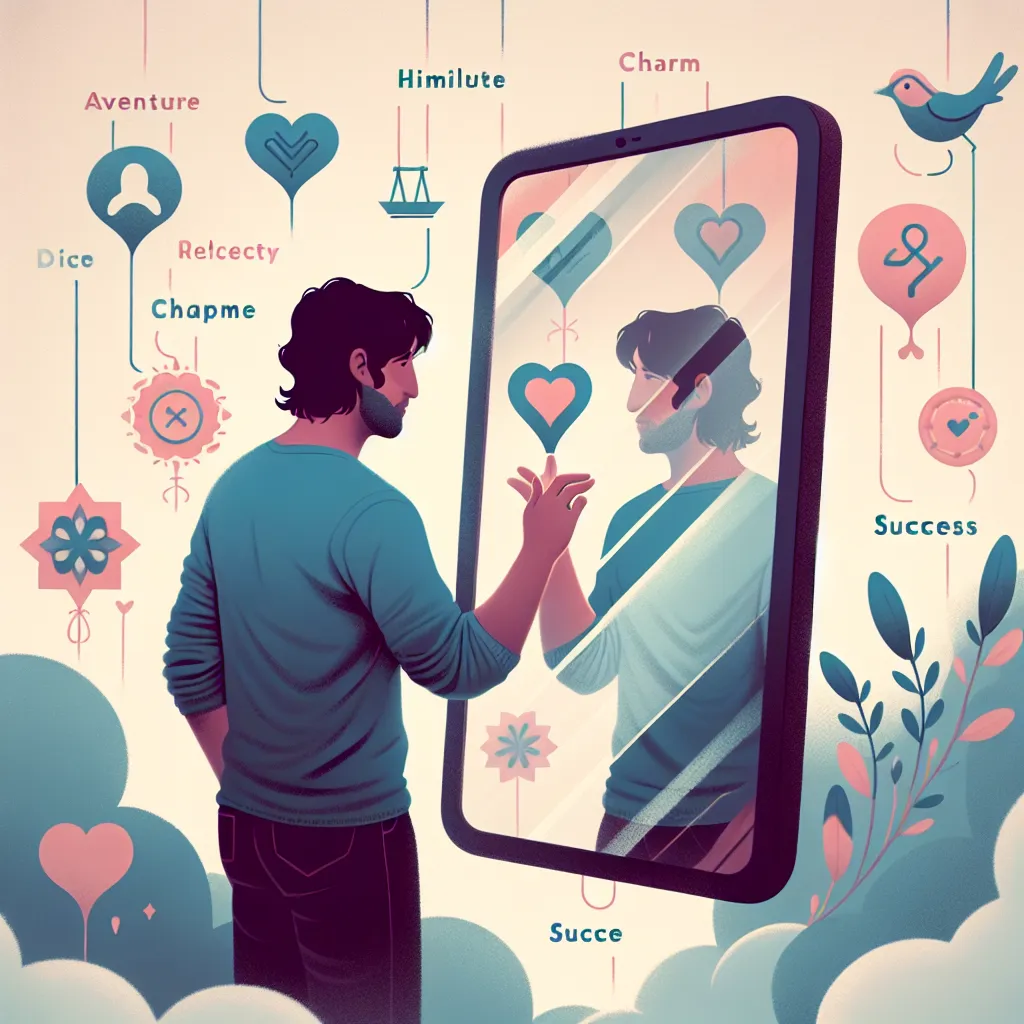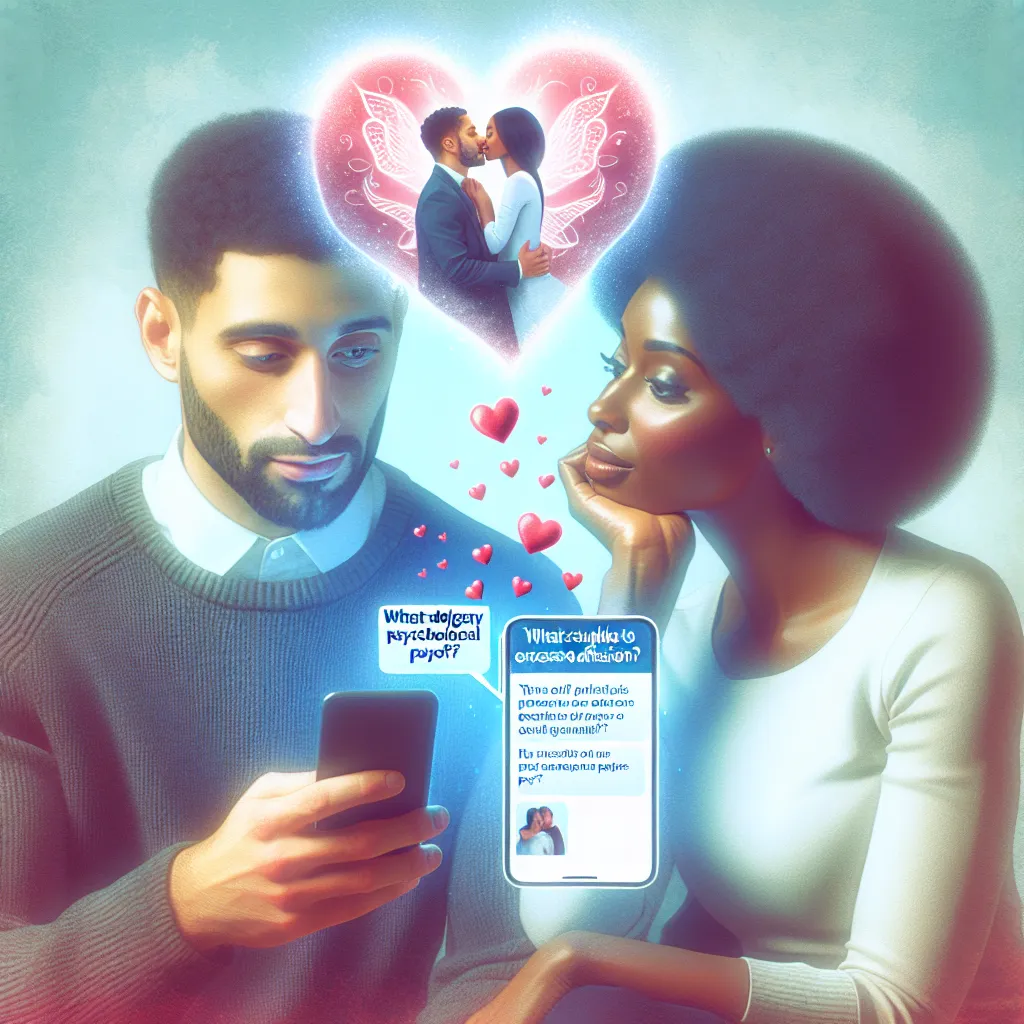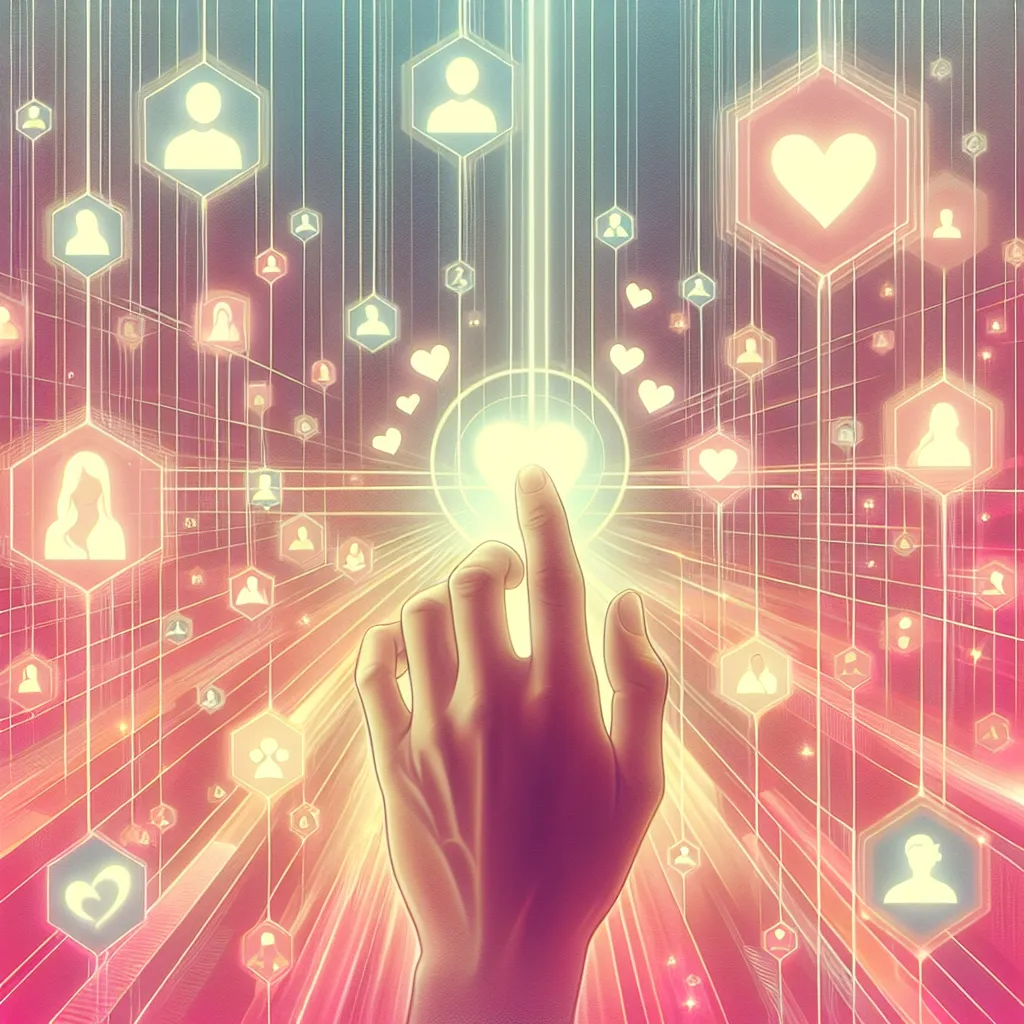Hello, relationship seekers!
Today, we’re diving deep into an important question about relationships: “What psychological reward drives someone to flaunt a new relationship on social media post-breakup?”
The Direct Answer
Flaunting a new relationship on social media post-breakup is often driven by a psychological need for validation, affirmation, and the desire to signal moving on. It can also serve as a coping mechanism and a form of revenge. The instant gratification from likes, comments, and shares can boost self-esteem and provide a sense of control after the emotional turmoil of a breakup. However, this is a complex issue and can vary significantly between individuals, depending on their personality traits, the nature of the breakup, and their emotional maturity.
Now, let’s explore the extensive evidence and details that support this answer:
1. The Need for Validation and Affirmation
The need for validation and affirmation is a core aspect of human psychology. When someone flaunts a new relationship on social media after a breakup, it can often be seen as a quest for social approval.
A. The Role of Social Media in Validation
Social media has become a platform where individuals seek validation and affirmation. Research by Dr. Larry Rosen, a professor of psychology at California State University, suggests that social media provides an immediate source of validation through likes, comments, and shares. These interactions can lead to dopamine release, a neurotransmitter associated with pleasure and reward.
B. The Impact of Breakups on Self-Esteem
A breakup can significantly impact an individual’s self-esteem. Relationship expert Dr. Terri Orbuch states that an individual might flaunt a new relationship on social media to regain their lost self-esteem and seek validation from their social network.
C. The Desire to Signal “Moving On”
Flaunting a new relationship can also be a way for an individual to signal to their ex-partner and social network that they have moved on. This signaling can provide a sense of closure and control.
2. Coping Mechanisms and Revenge
The act of flaunting a new relationship can also serve as a coping mechanism or a form of revenge post-breakup.
A. Coping Mechanism
Psychologists suggest that focusing on a new relationship can serve as a distraction and help individuals cope with the pain of a breakup. By sharing this new relationship on social media, individuals may get a sense of catharsis and relief.
B. Revenge
In some cases, individuals might flaunt a new relationship on social media out of spite or to invoke jealousy in their ex-partner. Relationship expert Susan Winter explains that this behavior is often an attempt to regain power and control in a situation where they felt powerless.
C. Emotional Maturity
The way individuals handle breakups and new relationships on social media also reflects their emotional maturity. Those with higher emotional intelligence are more likely to handle their online behavior more discreetly and respectfully.
3. The Role of Personality Traits
Personality traits significantly influence how individuals behave on social media, especially regarding their romantic relationships.
A. Extraversion vs. Introversion
Extroverted individuals are more likely to share personal information, including their relationship status, on social media. They thrive on social interaction and feedback, which social media provides in abundance.
B. Narcissism
Research has linked narcissistic traits to more frequent and more self-promoting social media posts. Individuals with such traits may flaunt new relationships for attention and admiration.
C. Emotional Stability
Those with lower emotional stability are more likely to seek validation and attention through social media. They may use a new relationship as a means to achieve this, especially after a breakup.
4. Additional Context and Considerations
While the above points provide a comprehensive view, it’s important to also consider cultural, societal, and individual factors.
A. Cultural and Societal Factors
Cultural and societal norms influence how individuals behave on social media. In societies where social media use is high and public sharing is normalized, flaunting a new relationship post-breakup might be more common.
B. Individual Factors
Individual factors such as personal values, past experiences, and coping style also play a significant role in post-breakup social media behavior.
C. The Role of the New Partner
The new partner’s comfort and consent in sharing the relationship publicly are also essential considerations. Respecting their feelings and privacy is crucial.
Conclusion: The Definitive Answer
Based on all the evidence we’ve examined, the psychological reward that drives someone to flaunt a new relationship on social media post-breakup can be attributed to:
– The Need for Validation and Affirmation: Seeking validation and affirmation from their social network can provide a temporary boost to self-esteem post-breakup.
– Coping Mechanisms and Revenge: Flaunting a new relationship can serve as a coping mechanism, providing a sense of catharsis, or as a form of revenge, aiming to invoke jealousy in the ex-partner.
– Personality Traits: Personality traits, such as extroversion, narcissism, and emotional stability, significantly influence post-breakup social media behavior.
In conclusion, flaunting a new relationship on social media post-breakup is largely driven by a need for validation, coping mechanisms, and personality traits. However, it’s important to remember that these behaviors are complex and can vary greatly between individuals based on various factors. Understanding these motives can help in fostering healthier relationships and better emotional wellbeing.



